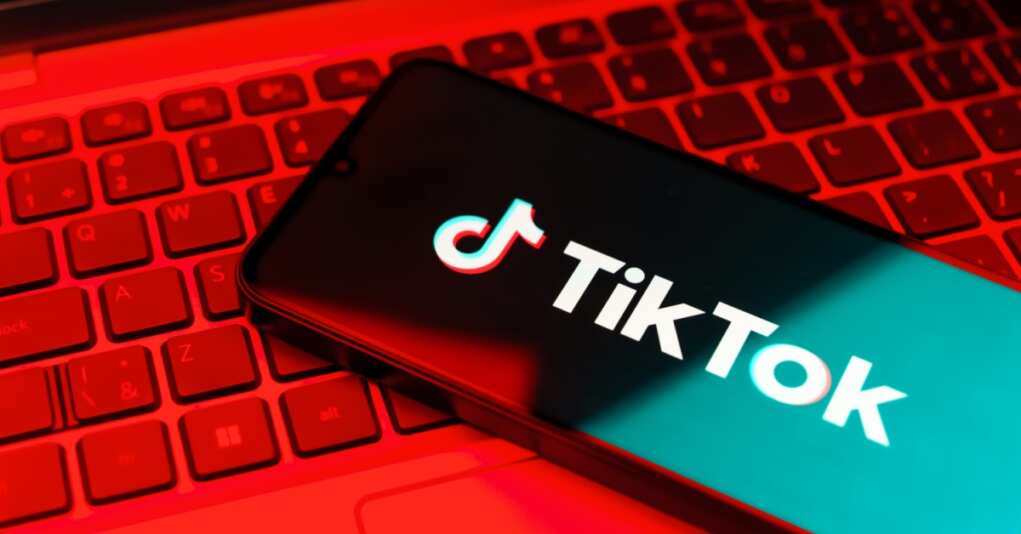TikTok on the Clock: Will Trump Finally Pull the Plug on China’s Favorite Spy App?

Ah, TikTok. The app that’s brought us endless viral dances, questionable pranks, and, according to intelligence experts, a direct line for the Chinese Communist Party to spy on Americans. It’s the cultural phenomenon no one asked for, yet here we are, debating its fate like it’s a cornerstone of democracy. As the clock ticks down to January 19, the question looms: will Donald Trump, returning to the White House, finally ban TikTok for good? And if so, what does that mean for the future of Big Tech, free speech, and national security?
First, let’s address the obvious: TikTok isn’t just a harmless platform for teenagers to post silly videos. Owned by Chinese tech giant ByteDance, it has long faced scrutiny for its data practices. The app collects a staggering amount of information from its users—location data, device identifiers, browsing history, you name it. And here’s the kicker: ByteDance, as a Chinese company, is subject to laws requiring it to share data with the Chinese government if asked. So, when TikTok says your data is “safe,” what they really mean is, “safe from everyone except Beijing.”
The Biden administration, despite its rhetoric about standing up to China, has dragged its feet on this issue. Sure, they’ve acknowledged the risks. They even set a deadline for ByteDance to divest from TikTok by January 19, conveniently one day before Trump retakes office. But instead of taking decisive action, Biden has punted the decision, leaving the problem squarely on Trump’s plate. Classic.
Now, let’s not forget how we got here. Back in 2020, Trump tried to ban TikTok outright, citing national security concerns. The media mocked him, the courts blocked him, and the left dismissed his warnings as xenophobic paranoia. But guess what? Three years later, those same concerns are back in the spotlight, and even some Democrats are reluctantly admitting that Trump might have had a point. Funny how that works.
Of course, banning TikTok isn’t as simple as flipping a switch. The app has over 150 million users in the United States alone, many of whom would undoubtedly cry foul over what they see as government overreach. And let’s be honest: any move to ban TikTok will face immediate legal challenges. Big Tech and its army of lawyers won’t go down without a fight. But here’s the thing: national security isn’t a popularity contest. Sometimes, doing the right thing means making tough, unpopular decisions. And in this case, protecting American data from potential Chinese surveillance seems like a no-brainer.
But let’s not kid ourselves. The fight over TikTok isn’t just about national security—it’s about power. Big Tech has become a major player in shaping public opinion and influencing elections, and TikTok is no exception. Its algorithm decides what content goes viral and what gets buried, giving it enormous sway over cultural and political narratives. The idea of a Chinese-owned company wielding that kind of influence should give everyone pause, regardless of where you stand politically.
And then there’s the broader question of how the U.S. should handle foreign-owned tech companies in general. TikTok may be the most prominent example, but it’s hardly the only one. The rise of globalized technology has created a Wild West where data flows freely across borders, often with little regard for privacy or security. If Trump follows through on banning TikTok, it could set a precedent for how America deals with similar challenges in the future.
So, what’s Trump’s move? If history is any guide, he won’t shy away from taking bold action. He’s already made it clear that he views TikTok as a threat, and with his second term on the horizon, he has the mandate to act. The question is whether the courts, the media, and the public will let him.
At the end of the day, the debate over TikTok is about more than just one app. It’s about who controls the flow of information in the digital age and how much we’re willing to risk in the name of convenience and entertainment. Banning TikTok won’t solve all of America’s tech problems, but it would be a step in the right direction. The ball is in Trump’s court, and knowing him, he’s not one to pass up a game-changing play.
